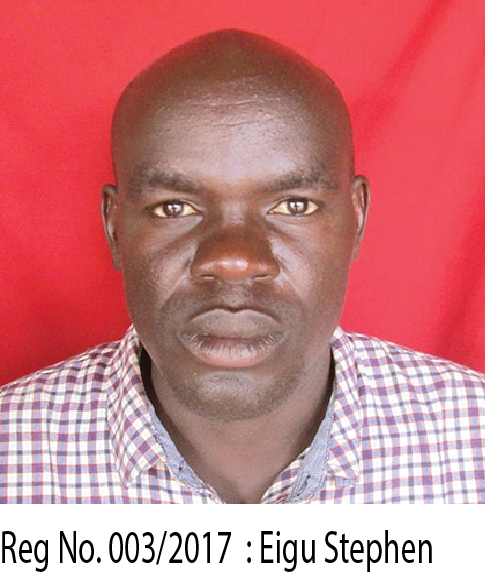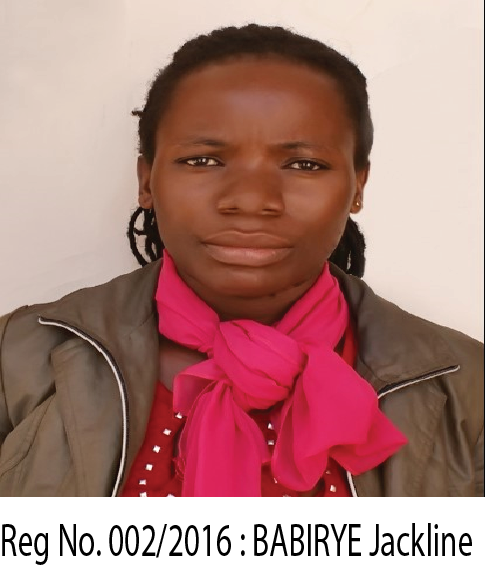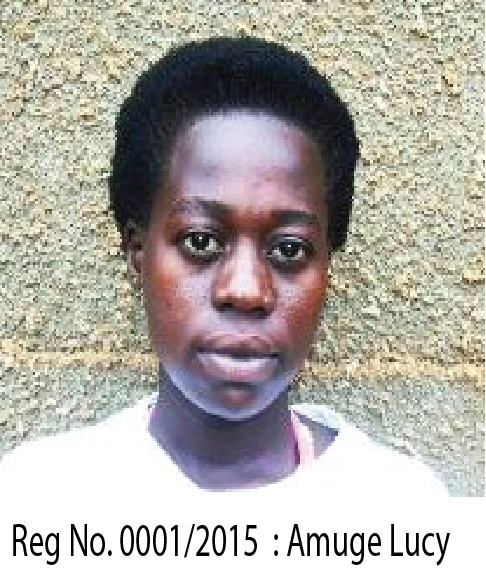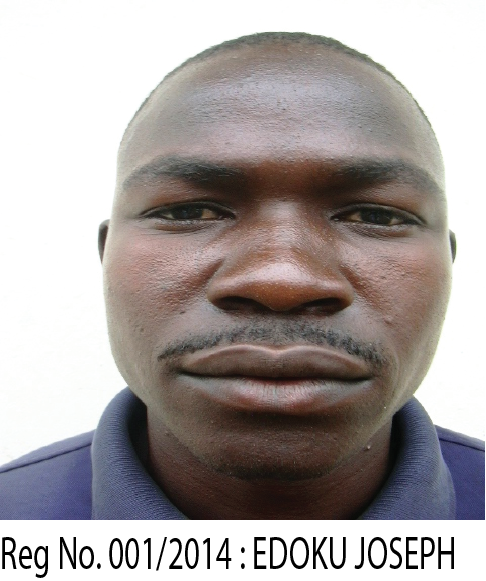School Laboratory Technician Course
This course is now offered on line by Uganda Laboratory Foundation
The course equips School laboratory technicians with knowledge and skills of using, handling, storing, maintaining and safe disposal of Laboratory chemicals and apparatus and ensuring safety of students in the Science Laboratories. This is vital during their work of teaching practical work to their students.
Duration: 2 years (official) but variable depending on the ability of the student.
Cost: Two million Uganda shillings (2,000,000/=) for Ugandans,
Terms of payment:
First installment not less than 700,000/=
Application fee: 50000/=
Payment Details
Account Name: Bbosa David Science
Account Number: 1005102677519
Bank: Equity Bank Kayunga Branch
Legibility
At least Two passes in any O-level science subjects and/math or a pass in A-level science subject
Award:
A certificate of School Laboratory Technicians of Education
Uganda Laboratory Foundation is licensed teach School Laboratory Technicians by the ministry of Education and sport, Directorate of Industrial Training, Certificate No 119 since 2005
The teachers of Uganda Laboratory foundation have a long teaching experience of over 20 years in a school laboratories for physics, chemistry, and biology and this is very crucial in promotion of science in the country.
Employment:
Job opportunities are enormous; School Laboratory technicians are employed to manage secondary school science laboratories. There are over 30,000 public secondary schools and over 16,000 private secondary schools in Uganda in need of School Laboratory Technicians and the number of schools is exponentially increasing annually.
Justification for the course of School Laboratory technician course
Every secondary school require at least one School Laboratory Technician
- to assist the Science teachers with the laborious laboratory work
- School Laboratory Technicians are adequately trained with enough knowledge, skills and ethics to handle the teaching of science practicals in schools with little or no supervision from a subject teacher.
- Schools with trained School Laboratory Technicians are showing consistently superior performance in science subjects compared to those without.
- Schools requires a qualified personnel to manage and account for expensive apparatus and chemicals in their school laboratories.
Remunerations
Government scale for School Laboratory technicians is averages from 734,000 UGX per month (starting salary) to 2,540,000 UGX per month (maximum salary).
Course outcome
Laboratory Technicians with adequate knowledge, skills and ethics to deliver science practical knowledge to students in the secondary schools.
Legibility
At least Two passes in any O-level science subjects and/math
Duration 9 months (6 months teaching, 3 moths school practice) but online course is variable
Course objectives
To equip School Laboratory Technician with skills to
- Teach practical skills to the students in the science subjects (physic, chemistry, biology)
- Manage the apparatus in the laboratory
- ensure safety of the school laboratory
- handle emergencies and offer First Aid in the laboratories
- Handle accountability of apparatus and chemical
Examination structure
Four examinations each 2 hours are provided to test the competence of the technician or by ongoing assessments or both
They include
- Principles of school laboratory Management
- Method of Physics Practical Teaching
- Method of Chemistry Practical Teaching
- Method of Biology Practical Teaching
- Teaching Practice
Course content
- Physic practical methods
Abilities be developed
(a) To be able to teach accurately the measurements using various laboratory equipment including
- Ruler
- Micrometer screw gauge
- Vernier clippers
- Stop watch
- Stop clock
- Protractor
- Weighing balance
- Voltmeter
- Ammeter
- Galvanometer
(b) To be able to guide students during light practical interpreting light diagrams, supplying students with relevant apparatus throughout the lesson. These apparatus may include
- Plane mirrors
- Glass blocks
- Glass prisms
- Curved mirrors
- Lenses
(c) To be able to guide students during mechanics practical lesson, interpreting relevant diagrams, and supplying students with relevant apparatus These apparatus and manipulations may include
- Retort stand, boss and clamp
- Tying
- Swings
- Moments
- Counting
- Nullified spring
- Pendulum bod
- Rulers
- Weighing
- Measuring
(d) To be able to interpret practical instructions, making correct and accurate observations, presentation of results using tables, graphs, manipulating calculations and drawing conclusion
- Chemistry practical methods
Abilities be developed
(a) Skills for using various apparatus in the chemistry lab during the qualitative and quantitative analyses.
- Measuring cylinders
- Conical flasks
- Beakers
- Burets
- pipettes
- weighing scales
(b) To be able to interpret practical instructions, making correct observations, presentation of results using Tables, and drawing conclusion
(c) to be trained in mole concept in order to guide students in calculations during the titration practical.
- Biology practical methods
(a) the learner should develop skill in drawing laboratory specimens
(b) to carry out practical involving
- Classification: Leaves, Flowers, Fruits, Invertebrates, Feathers Bones
- Food test: involving identification of starch, reducing sugars, non-reducing sugars, proteins, lipids, vitamin S
- Quantification of vitamin C
- Handling and interpretation of practical dealing with enzymes
- Dissections, rat, frog/toad and cockroach
- Principles of school laboratory Management knowledge of
- Laboratory design
- Laboratory installations
- Prevention and management of accidents
- First Aids
- Timetabling
- Planning, purchase, accountability of chemicals and laboratory equipment
REQUIREMENTS:
- A pass slip for O- or A-level with at least two passes in any two science subjects.
- Stationery for personal use i.e. 4 black books, Geometry set, transparent long ruler, Calculator, 2 pencils, 4 black or blue pens sharpener, a rubber, 1Art book
- Filled Student Information’s Form
Course management
The course is run on the principle of “production learning”
- A student identified a nearby secondary school with a Uganda National Examination Board center number ( or with minimum laboratory requirements at secondary level)
- The managements of Uganda Laboratory foundations and the school agree on the financial terms
- then the teachers of Uganda Laboratory Foundation sends are series activities as per course content and are performed accordingly by the students
- at the end of the lesson a student is required to do the examination and and a warded a certificate up on successful completion





